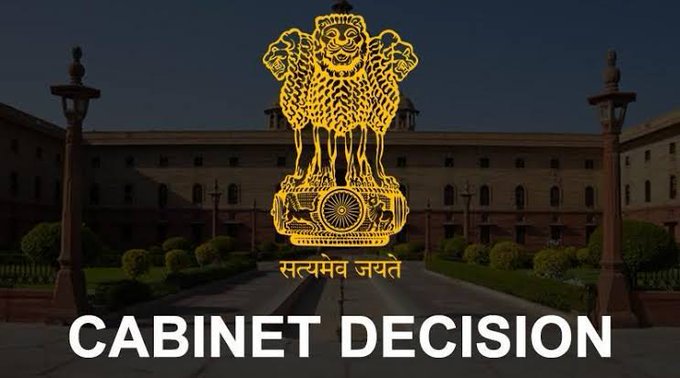The Union Cabinet has approved an extension of the Pradhan Mantri JI-VAN Yojana, a key initiative aimed at enhancing the country’s advanced biofuel sector. The revised scheme extends its implementation period by five years, now running through 2028-29, and broadens its scope to include biofuels produced from lignocellulosic feedstocks such as agricultural residues, forestry waste, industrial by-products, and algae.
The updated Pradhan Mantri JI-VAN Yojana now encompasses “bolt-on” and “brownfield” projects, allowing existing facilities to adapt and improve their operations. Emphasis will be placed on innovative technologies and novel feedstocks to encourage diverse and advanced approaches within the industry.
The scheme is designed to provide financial support that benefits multiple sectors: it offers a stable income for farmers through the sale of agricultural residues, mitigates environmental pollution, creates local job opportunities, and strengthens India’s energy security and self-reliance. Additionally, it aligns with India’s goals for net-zero greenhouse gas emissions by 2070 and supports the Make in India initiative.
This move comes as part of a broader effort to meet the nation’s ethanol blending targets. Since the introduction of the Ethanol Blended Petrol (EBP) Programme, the amount of ethanol blended with petrol has surged from 38 crore liters in 2013-14 to over 500 crore liters in 2022-23, with a current blending rate exceeding 15%. The government aims to reach a 20% blending target by the end of the 2025-26 ethanol supply year, necessitating a substantial increase in ethanol production capacity.
To achieve this, the Pradhan Mantri JI-VAN Yojana focuses on the development of 2nd Generation (2G) ethanol from surplus biomass and agricultural waste. The scheme, initially launched in March 2019, has already supported the establishment of India’s first 2G ethanol plant by Indian Oil Corporation at Panipat, with additional facilities by BPCL, HPCL, and NRL approaching completion.




















